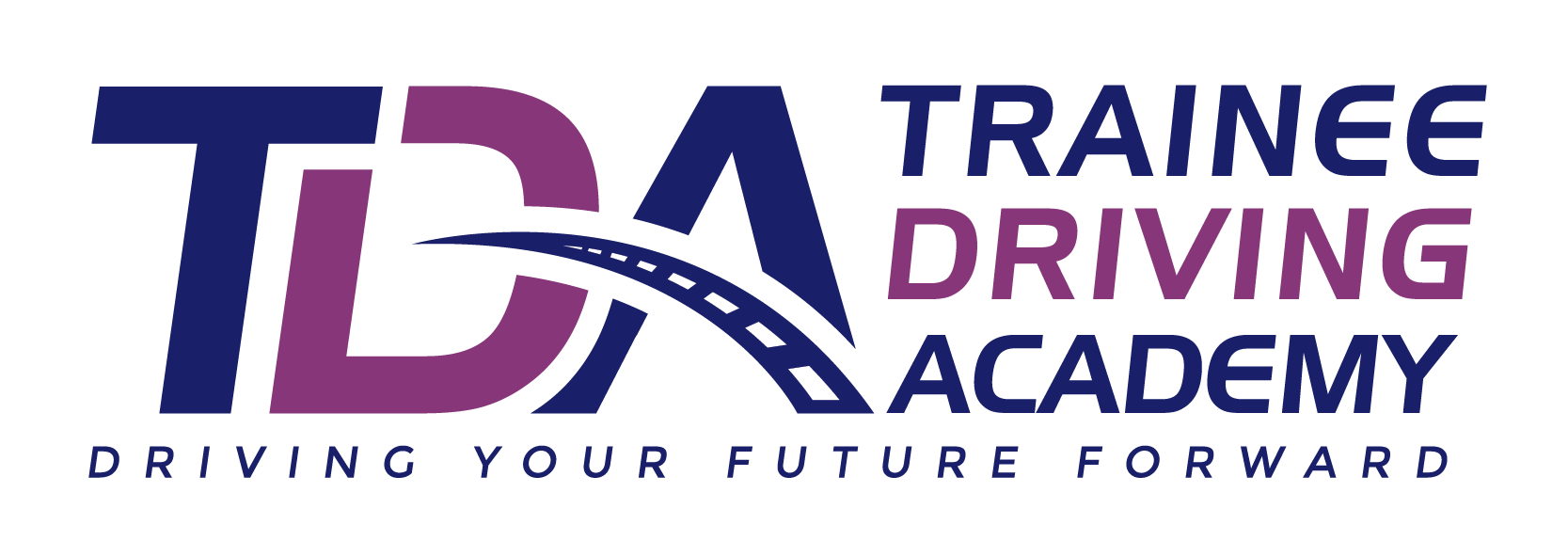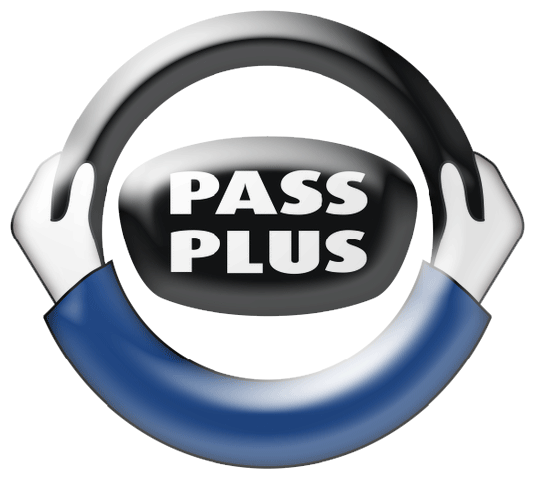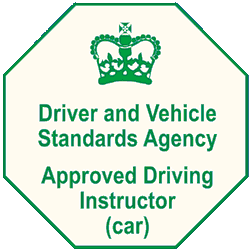-
Are you wondering how many Driving Lessons you will need?<div>My advice is 'Learn at the pace best suited to your individual needs and requirements'. Everyone is different, so we will adapt to you!</div>
-
Am I allowed my car windows tinted?<div>The rules for tinted front windscreens and front side windows depend on when the vehicle was first used. There are no rules for tinting the rear windscreen or rear passenger windows.</div><div>Vehicles first used on 1 April 1985 or later</div><div>The front windscreen must let at least 75% of light through and the front side windows must let at least 70% of light through.</div><div>Vehicles first used before 1 April 1985</div><div>The front windscreen and front side windows must both let at least 70% of light through.</div><div>Penalties for having wrongly tinted windows</div><div><strong>It’s illegal to fit or sell glass (or a vehicle already fitted with glass) that breaks the rules on tinted windows.</strong></div><div>The police or the Driver and Vehicle Standards Agency (DVSA) vehicle examiners use light measuring equipment to measure window tint.</div><div>If your windscreen or front side windows are tinted too much you could get:</div><ul><li>a ‘prohibition notice’ stopping you using your vehicle on the road until you have the extra tint removed</li><li>a penalty notice or court summons</li></ul><div><br></div>
-
Are you wondering how many Driving Lessons you will need?<div>My advice is 'Learn at the pace best suited to your individual needs and requirements'. Everyone is different, so we will adapt to you!</div>
-
Do I need to retake my theory test if i already have an Automatic driving licence?<div>No, you do not need to retake your theory test again. All you need to do is sit as practical driving test for a manual car. We do advise that you study your theory so you are always up to date with all the latest information on it.</div>
-
Do I need to take a theory test if I already have an Automatic driving licence?<div>No, you do not need to take your theory again. All you need to do is take a practical driving test and some lessons if they are required. We do advise that you are always up to date with your theory to provide you with up to date rules and signs.</div>
-
Do you have dual controls in your cars?<div>Yes, all our cars are fitted with dual controls to ensure that all our students and instructors are safe in case something could cause harm.</div>
-
Do you want quality driving lessons that are excellent value for money?<div>I normally conduct my driving lessons in blocks of two hours. This ensures that you have plenty of quality driving tuition time, and time spent driving to and from pick up/drop off points is minimal, particularly if you are a Complete Beginner. Furthermore, as you progress we will be able to cover a wider variety of areas in order to give you plenty of road experience, and increase your confidence.</div>
-
Do you want to be picked up from home, and dropped off at work?<div>We provide a door-to-door service, and can be flexible. All you need to do is let your instructor know in advance so they can work around your needs.</div>
-
Do you want your privacy, and full pupil confidentiality?<div>There is only ever one pupil in the car at any one time. Strictly no car sharing!</div>
-
How would my anxiety affect my driving?<div>At TDA we understand students may suffer from conditions such as anxiety. It is completely normal<br> to feel nervous, but if you feel you are having extreme anxieties over driving, or are known to suffer<br> from panic attacks please let us know when booking. We will do all that we can to ensure you feel<br> safe and comfortable with our instructors.</div><div><br></div><div>Instructors will work according to your pace. There will be no pressure regarding time periods for test<br> completion, or any judgement surrounding your driving abilities. We are here to help you learn. Aside<br> from how we can make you comfortable during lessons (for example, shorter lessons, or allowing you<br> to choose your instructor where possible, or rest breaks where needed), we do advise getting practice<br> outside of lessons with a trusted family member or friend who can help you calm your nerves in<br> preparation for solo driving.</div>
-
Im very nervous for my driving test, what can i do?<div>Your driving instructor can sit in the back of the vehicle during your test, and be with you for the results and feedback.</div><div>This can help you because they can give you extra feedback to develop your skills.</div>
-
what are the common mistakes in a driving test?<div>1. Observation</div><div>Ineffective observation and judgement at junctions.<br><br></div><div>2. Mirrors</div><div>Failure to check mirrors, particularly the rear-view mirror, when changing direction.<br><br></div><div>3. Steering Control</div><div>Steering too early or leaving it too late.<br><br></div><div>4. Junctions</div><div>Turning right at a junction is something many learners find tricky<br><br></div><div>5. Response to signals</div><div>Poor response to traffic lights could lead to failing your test.<br><br></div><div>6. Control at move off</div><div>Ineffective control when moving away.<br><br></div><div>7. Positioning</div><div>Poor positioning on the road in general.<br><br></div><div>8. Observation at move off</div><div>Lack of observation when moving away.<br><br></div><div>9.Reverse parking</div><div>Lack of control, poor observation or accuracy.<br><br></div><div>10. Response to signals and road markings</div><div>Not paying enough attention to markings<br><br></div>
-
what do i do if my instructor does not turn up for my driving test?<div>Don't panic... call local instructors to see if they have available space to do a last minute test. The fee will be different from each instructor so make sure you call a couple to get a price that is good for you.</div>
-
What do I say when I call a driving instructor?<div>There will be many questions that you would like to know. First of all I would find out what they are like and a little about there company. I would like to find out prices and availability. what areas they cover. What would be the best way to take lessons. </div>
-
Who can teach me on motorways?<div>Learner drivers will be allowed to take motorway driving lessons with an approved driving instructor in a vehicle with dual controls from Monday 4th June 2018<br><br></div><div>Trainee driving instructors wont be allowed to take learner drivers on the motorway.</div>
-
Will I have the same instructor each lesson?<div>Yes we always proved the same instructor, unless there is an emergency we might have to provide someone different for that lesson. </div>
-
what is needed, to do my licence after being disqualified?<div>You must apply for a new licence to drive again if:</div><ul><li>you’ve been disqualified from driving</li><li>your licence has been cancelled (‘revoked’)</li></ul><div><strong><br>Disqualification for drink or drug driving</strong></div><div><br></div><div>You can reapply for your licence before your disqualification period ends.<br><br></div><div>DVLA will send you a D27 renewal form:</div><ul><li>56 days before your disqualification ends</li><li>90 days before your disqualification ends if you’re a high risk offender</li></ul><div><br></div><div><br>Fill in the form and send it to DVLA with the fee. You’ll be told if you need to send a new passport-style photo in the D27 renewal form.<br><br></div><div>If you do not get your renewal form in the post, you can get one from the Post Office.<br><br></div><div>To renew your licence for</div><ul><li>a car or motorcycle use form D1</li><li>a lorry or bus use form D2</li></ul><div><br></div><div>You cannot drive until your disqualification period is over.</div><div><br></div><div><strong>New drivers</strong></div><div><br></div><div>You must apply for a new provisional licence and retake both parts of your driving test if your licence is cancelled within 2 years of passing them.<br><br></div><div>If your licence is cancelled you can apply for a new one at any time. Get form D1 from the Post Office. Send it with the fee to the address on the form.<br><br></div><div><strong>Provisional licence holders</strong></div><div>You must retake both parts of your driving test if your provisional licence is cancelled after you’ve passed your test, but you have not sent off for your full licence yet. You can use your current provisional licence to take the tests.<br><br></div><div><strong>Failing to hand over your licence to court</strong></div><div>You must apply for a new licence if your licence is invalid because you did not hand it over to the court for endorsement.<br><br></div><div>Get form D1 or D2 from the Post Office. Send it with the fee to the address on the form.<br><br></div><div>To renew your licence for:</div><ul><li>a car or motorcycle use form D1</li><li>a lorry or bus use form D2</li></ul>
-
Who books the driving test?<div>We can book the practical driving test for you and will aim to book this for you when we feel you are ready for test standard or you can book a driving test on your own. Its depending on test date availability on the Governments DVSA website.</div>
-
Can I decide which dates I would like my test on?<div>Yes, this will depend on the DVSA’s availability.</div>
-
How can I pass my driving test first time?<div>Everyone has got or will get nervous on the day of their practical driving test, it’s human nature. To give you the best chance to pass your driving test the first time, make sure you are well prepared and practice your driving manoeuvres and driving lessons as much as you can with a qualified driving instructor. Always try and keep a clear head while you are driving and following these driving tips will help you Pass Your Driving Test.</div>
-
Do Intensive Driving Courses Work?<div>Do Intensive Driving Courses Work?</div><div>The short answer is YES, but this depends on you and getting the right driving instructor who is an expert in doing them.</div><div>They are not for everyone, but if you have limited time or a limited budget, it is by far the best way to learn to drive.</div><div>It’s suitable for people who want to pass their driving test in one to two weeks with lessons being 2-5 hours per day and do not want to spend months and years learning.</div>
-
Can I learn to drive with my disability?<div>Physical disabilities, problems with hearing, or special educational needs needn’t be a barrier to learning to drive. As technology advances, cars can be better adapted to suit the needs of kinds of drivers.</div><div><br>Although it’s possible to make adaptations to a manual car, most drivers with a physical disability will opt to learn in an automatic. This is because automatics tend to be easier to control, and will also help make sure you don’t become fatigued.<br><br></div><div><br>To find out more about driving with certain conditions, the <a href="https://www.ridc.org.uk/features-reviews/out-and-about"><strong>Research Institute for Disabled Consumers</strong></a> publishes a range of information for motorists with particular needs. This includes drivers who have:<br><br></div><ul><li>an amputation</li><li>cerebral palsy</li><li>arthritis</li><li>multiple sclerosis</li><li>restricted growth</li></ul><div><br>There's also guidance for drivers recovering from a brain injury or stroke.<br><br></div>
-
Who should I notify about my condition?<div>All ‘notifiable’ conditions and disabilities should be reported to the Driver and Vehicle Licensing Agency (DVLA) when applying for your provisional licence. If you live in Northern Ireland, you'll need to notify the Driver and Vehicle Agency (DVA). It’s still possible to drive with a range of conditions and disabilities, so don’t be afraid of declaring anything. Honesty is definitely the best policy here.</div><div><br>If you already have a licence, you’ll need to notify the DVLA or DVA if your condition worsens. You should do so as soon as possible, so they can decide whether this will affect the status of your licence.<br><br></div><div><br>You can <a href="https://www.gov.uk/driving-medical-conditions">check if you need to tell the DVLA about your condition here</a>.<br><br></div>
-
Where can I get a car adapted for disability?<div>If you don’t already know about the Motability Scheme, it helps those with a higher-rate mobility allowance to lease a car or wheelchair accessible vehicle (WAV). The scheme also takes care of the vehicle’s insurance, servicing and maintenance.</div><div><br>Go to the <a href="https://www.motability.co.uk/"><strong>Motability website</strong></a> to search for cars and wheelchair accessible vehicles.<br><br></div>
-
As a disabled driver, where can I park?<div>Most car parks will have reserved spaces for anyone with a registered disability. And it’s often possible to park in restricted areas on streets, where other drivers may not be able to.</div><div><br>You can also sign up to The Blue Badge scheme for more accessible parking. You can <a href="https://www.gov.uk/apply-blue-badge"><strong>apply for a Blue Badge at GOV.UK</strong></a>. Where you can park varies across councils, so be sure to check with your local council for more details.<br><br></div><div><br>Bear in mind that if you’re parking in a spot which is usually restricted, you must display your Blue Badge clearly in the windscreen. If you don’t, you may end up with a ticket.<br><br></div><div><br><br></div>
-
How do I apply for a licence with a disability?<div>When applying for a provisional licence with the DVLA or DVA, you need to inform them of any ‘notifiable’ disabilities or conditions. It’s important to be honest here, and make a full declaration. Please don’t be worried about not being granted a licence - the DVLA and DVA process a lot of applications from budding drivers with notifiable conditions, and you will be dealt with fairly.<br><br></div><div>If you already have a licence and your condition worsens, you should notify DVLA or DVA immediately. They will decide whether or not this affects the status of your licence.<br><br></div><div>To find out if you need to declare your condition, you can check notifiable conditions with the DVLA <a href="https://www.gov.uk/driving-medical-conditions">here</a>.</div>
-
What car will I be able to drive?<div>The car you learn to drive in can be adjusted to suit your needs. If you have a physical disability, it’s likely you’ll be learning to drive in an automatic car. Manual cars require more physical effort to control. Automatics, on the other hand, are both easier to control and less likely to induce fatigue.</div>



